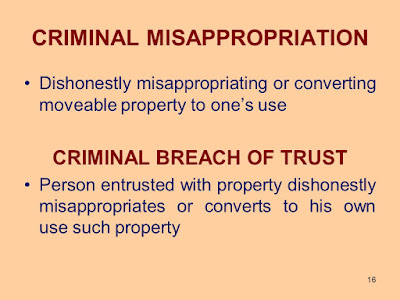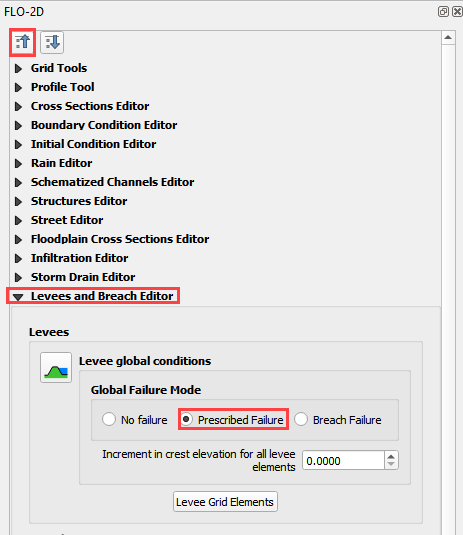


It is not necessary to identify or name the specific nominate tort that constitutes the basis of the action. It is now only necessary to plead facts that may, if proven, give rise to a cause of action in tort. However, this pleading requirement was abolished by the Common Law Procedure Act 1852, the principles of which have been accepted into Canadian provincial law. Historically, separate, distinct causes of action developed within the law of torts because suits had to be pleaded within an existing and recognized form of action in order to succeed. Although certain continuing wrongs which constitute torts may be restrained by an injunctive order in equity, all torts will give rise to an action for damages even though the quantum may be minimal. It is clear from both definitions, though, that a tort arises when there has been a breach of a legal duty which is recognized under the law and that the appropriate remedy is a claim for damages, which is perhaps the primary characteristic of the action. This definition, however, provides little assistance in determining the nature or substance of the duty that is imposed by the law of torts. “The breach of a duty, primarily fixed by law, towards persons generally which is redressible by an action for unliquidated damages” has also been suggested as a definition. This definition, however, is so broad as to include other wrongs and remedies such as breach of trust, quasi-contract and restitution, which, based on proprietary principles, are distinguishable from torts.

“A civil wrong, other than a breach of contract, which the law will redress by an award of damages” has been suggested as a definition. However, the word “tort” when used in a statute should be given a legal, not a popular, definition as it is a legal word and, when used by a legislative body, it should be presumed that the legislative body intended to use the word in a legal sense.
DEFINE BREACH OF STANDARD OF CARE SERIES
It is difficult to establish a comprehensive definition of tort law or a tort that is sufficiently specific to be useful and that does not result in a series of exceptions. See Canadian Abridgment: TOR.XXII Torts - Miscellaneous of the Ontario Bar I: IntroductionĬlick HERE to access the CED and the Canadian Abridgment titles for this excerpt on WestlawNext Canada


 0 kommentar(er)
0 kommentar(er)
